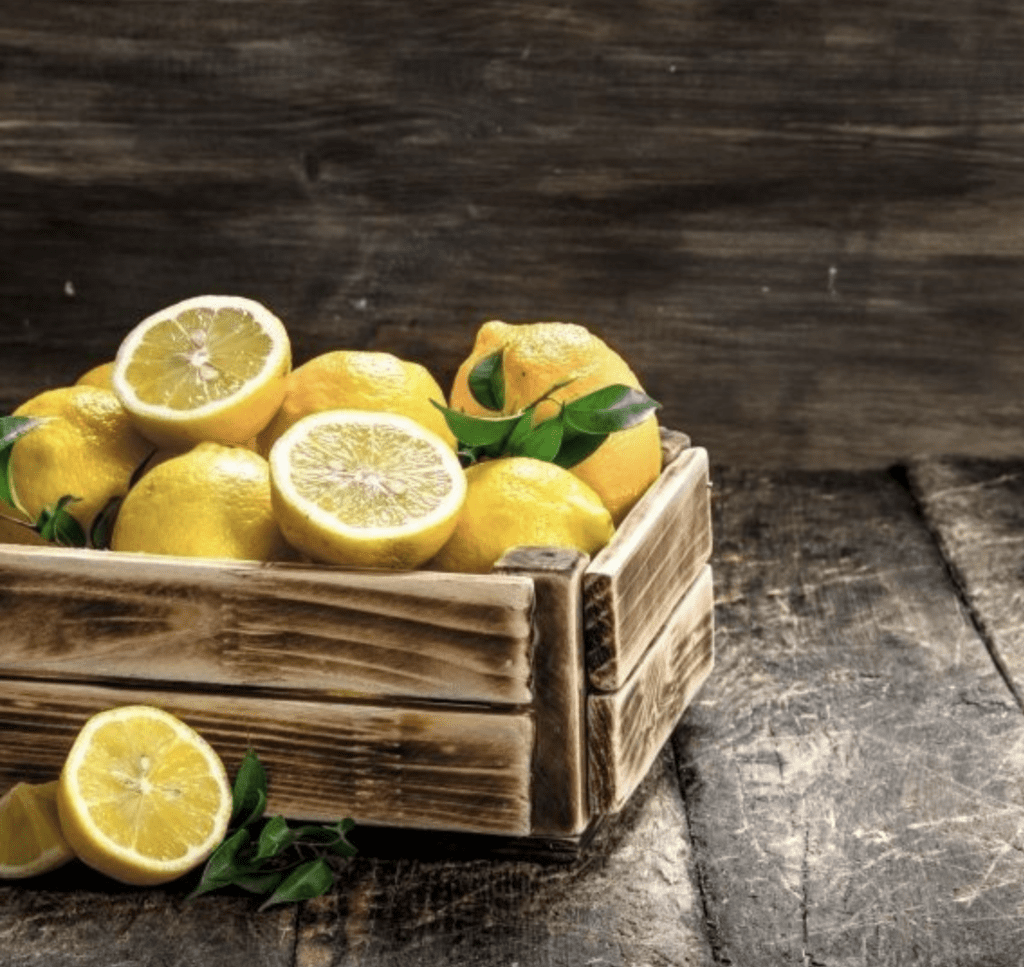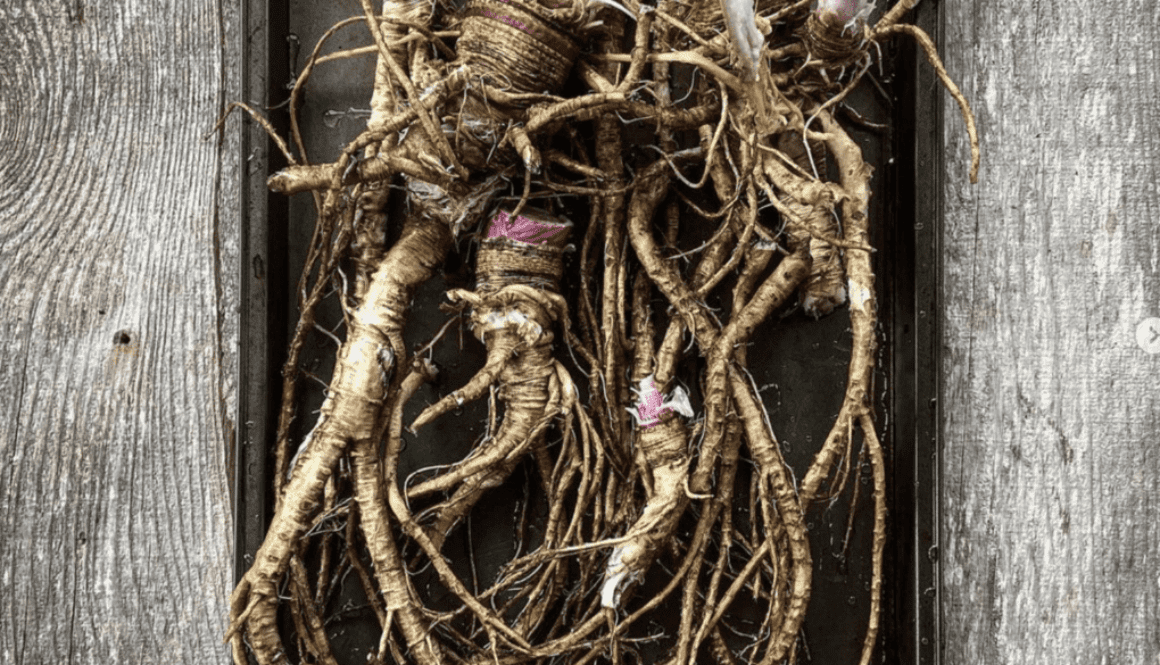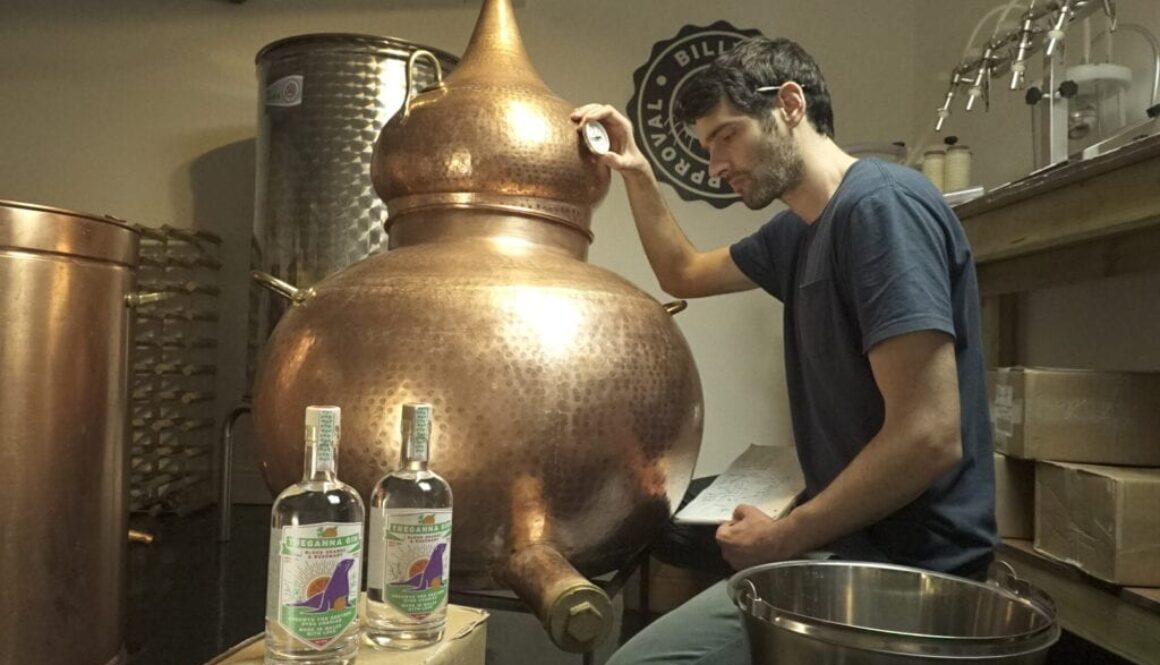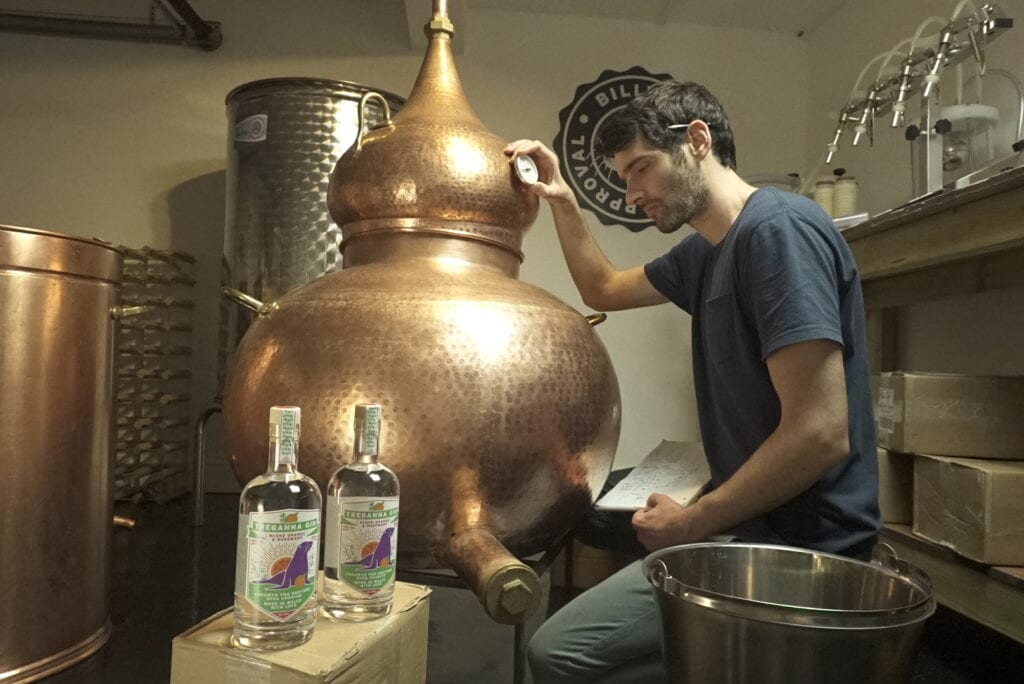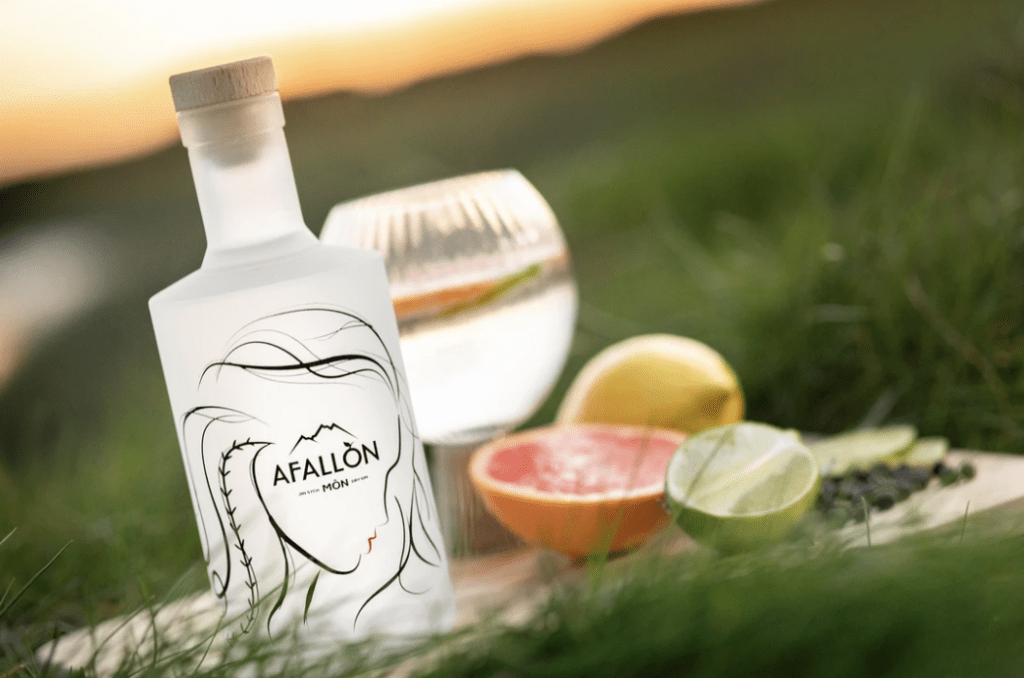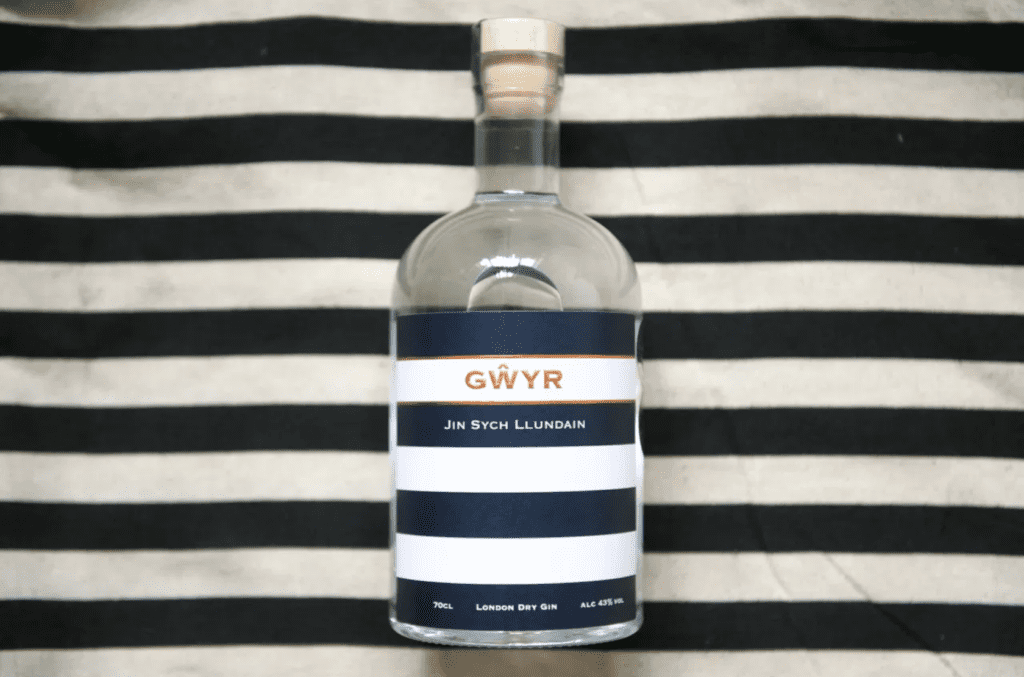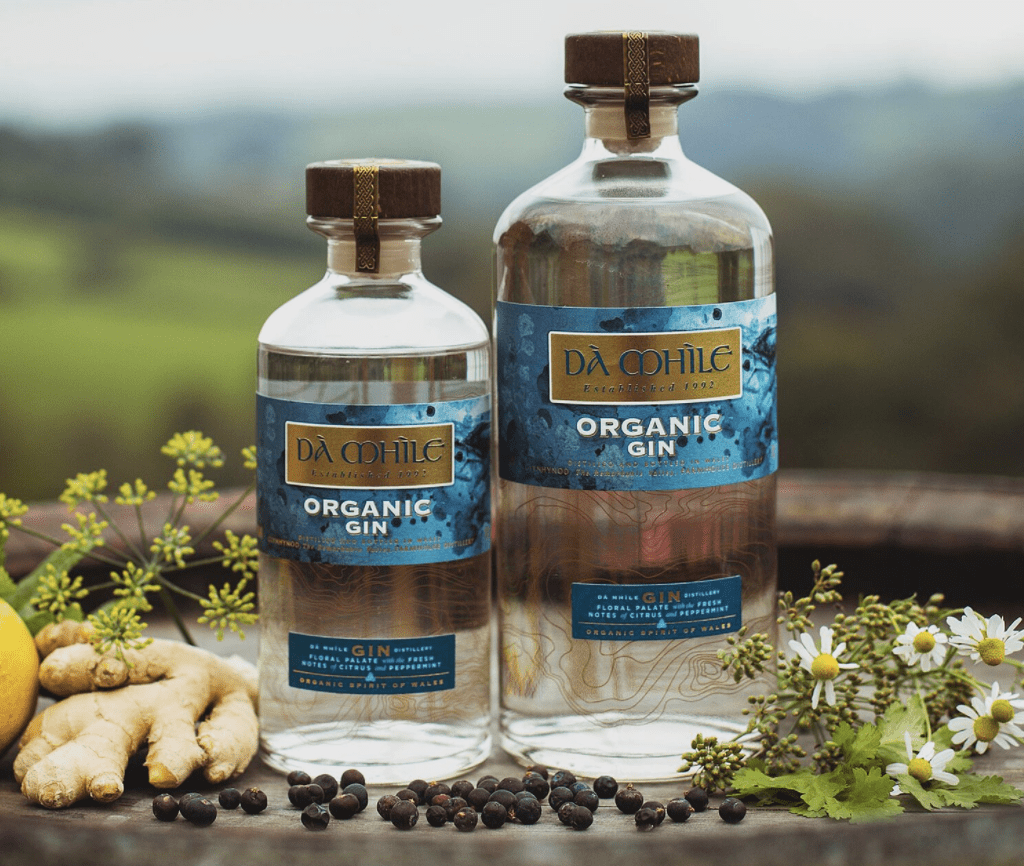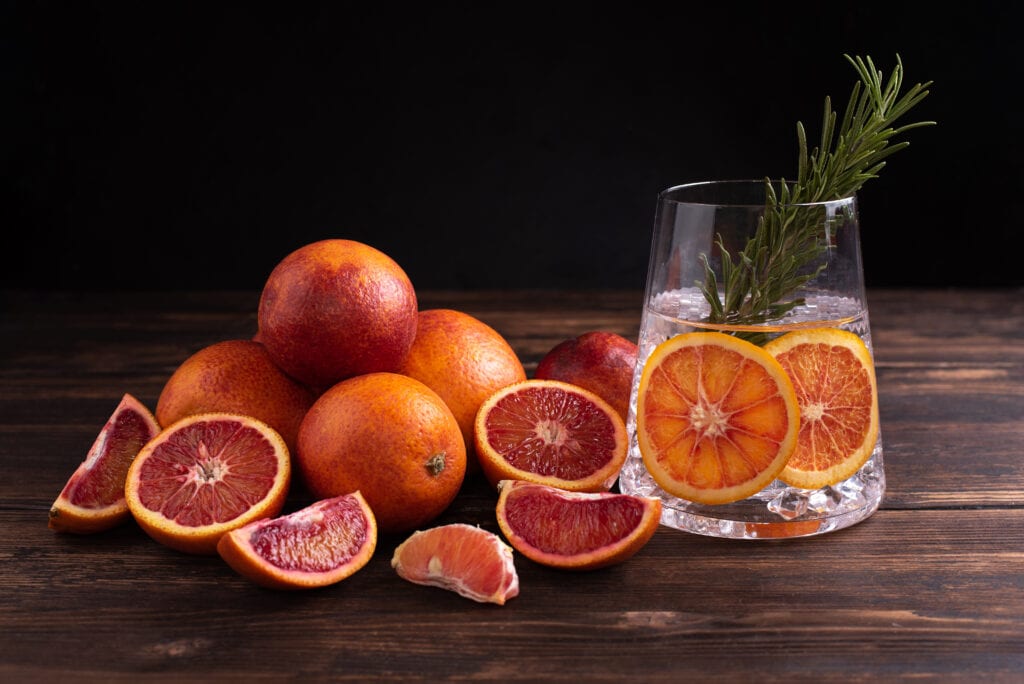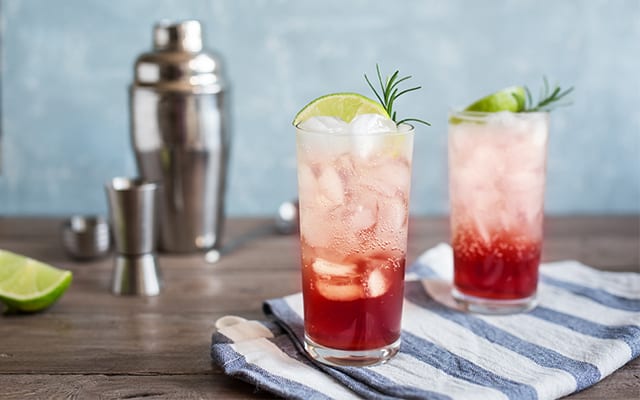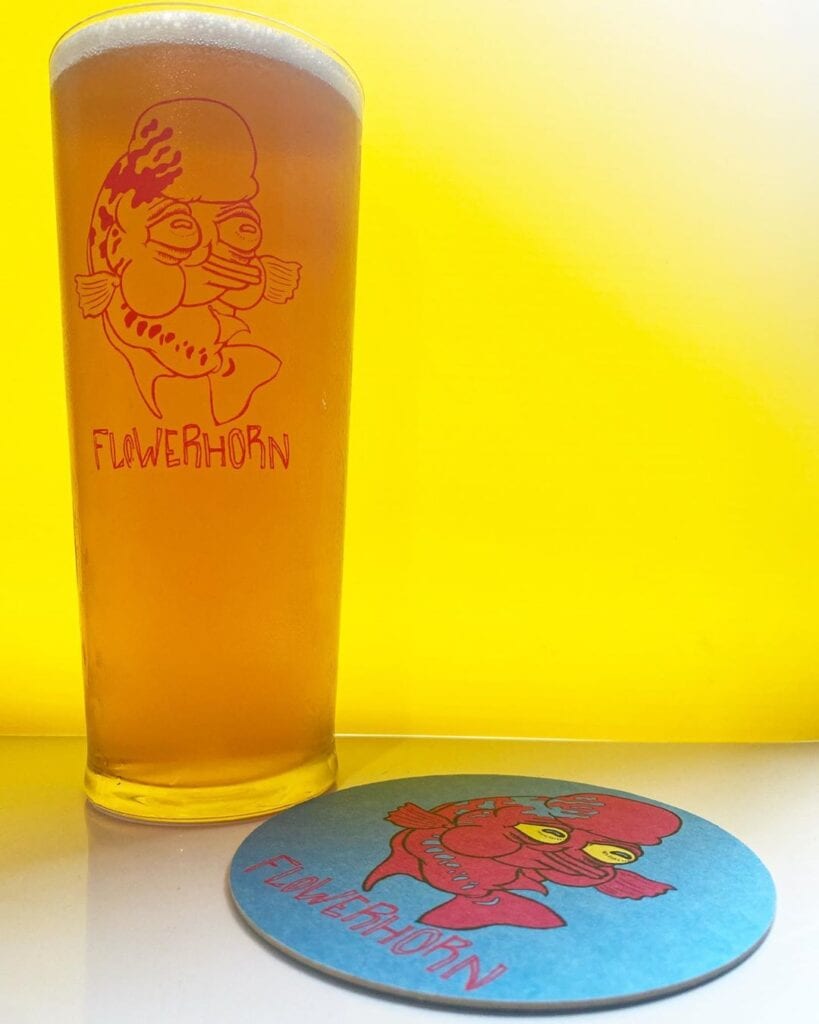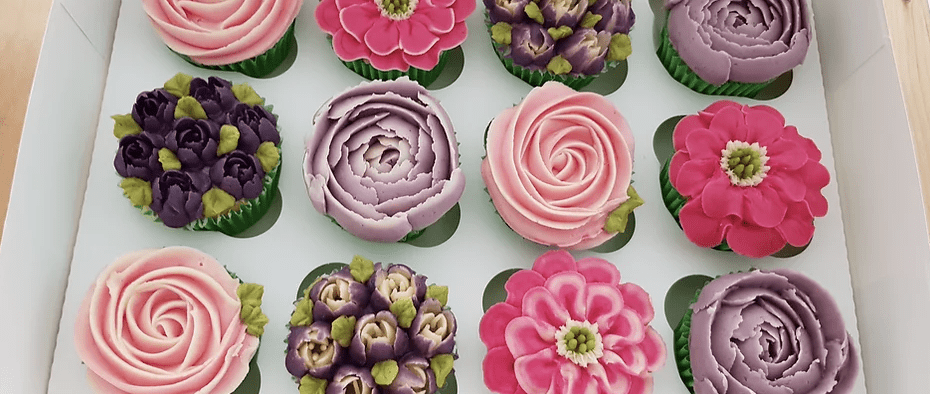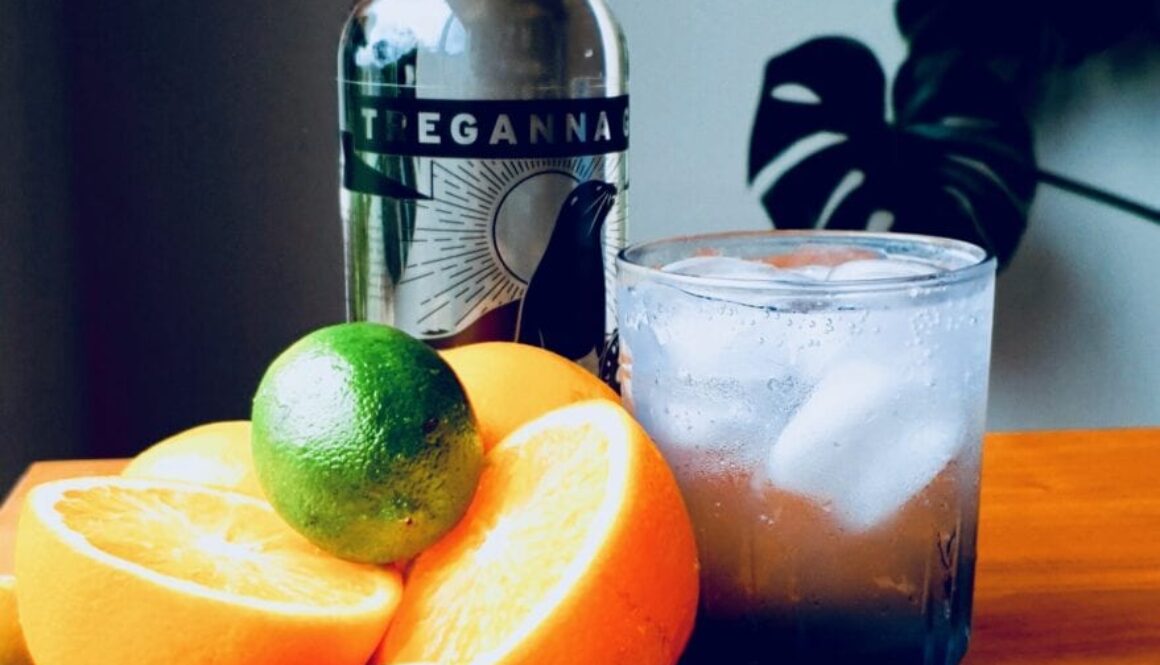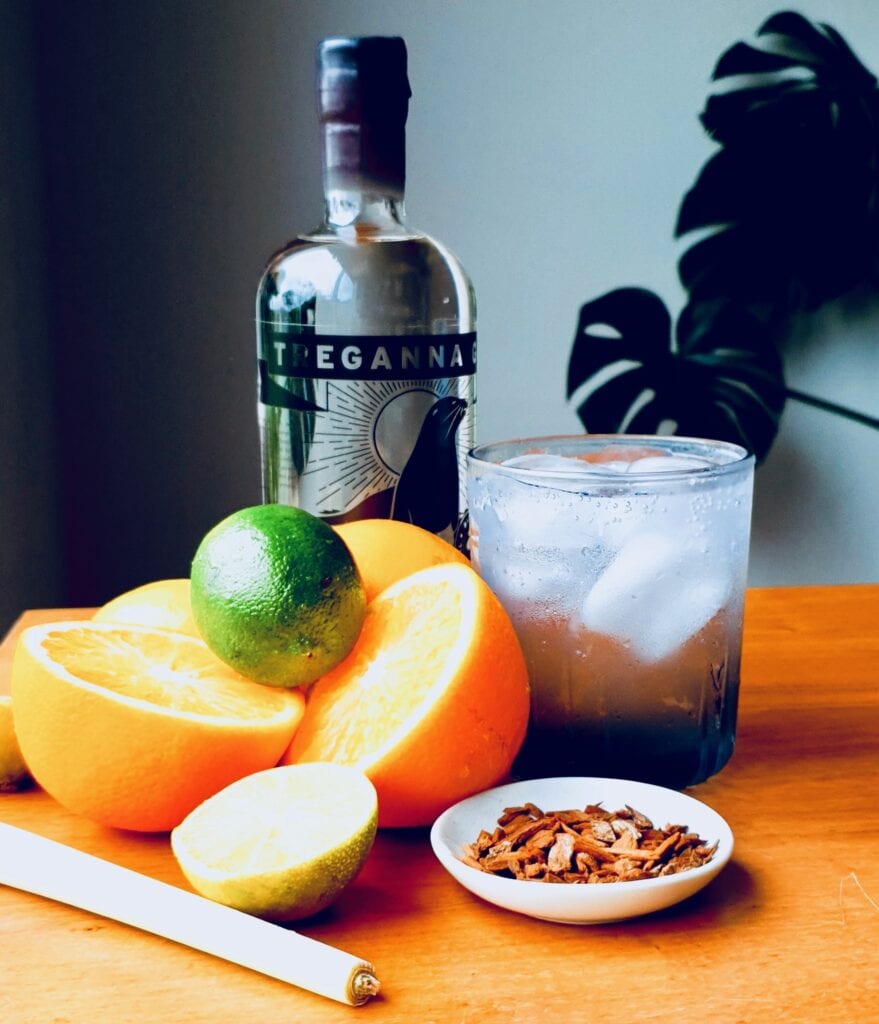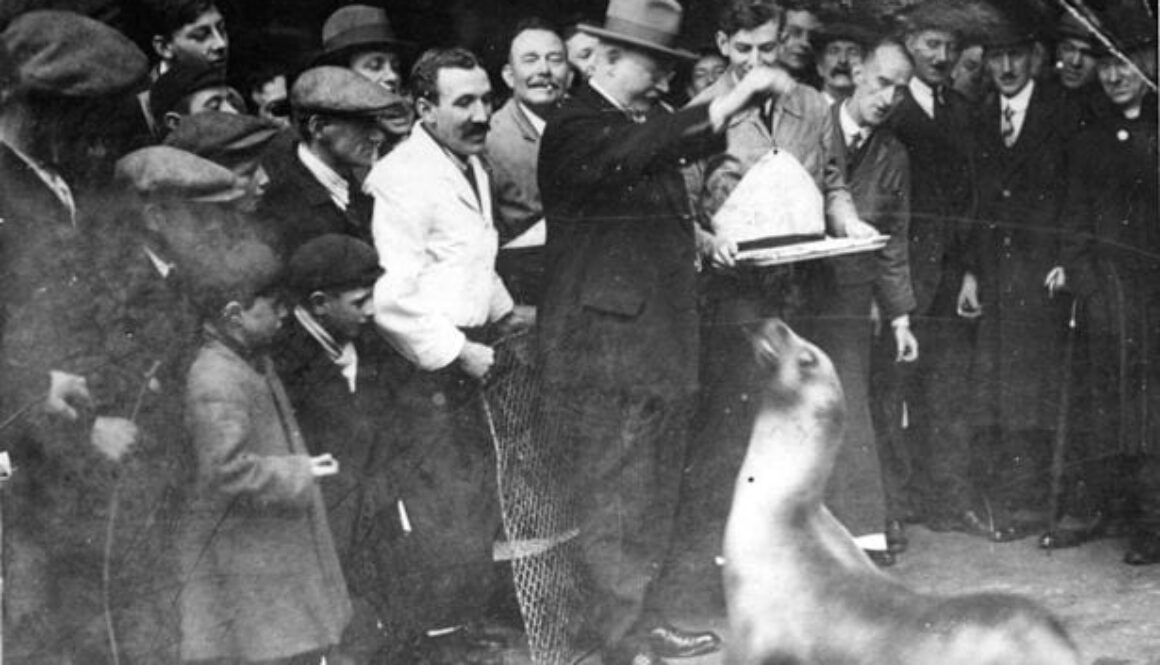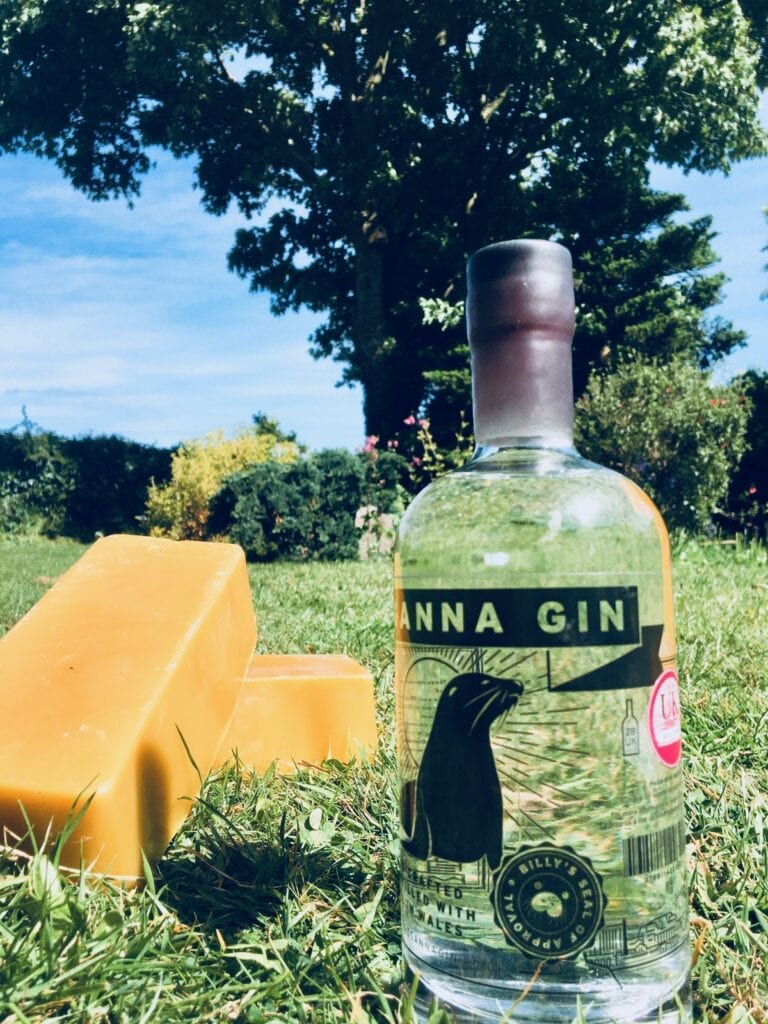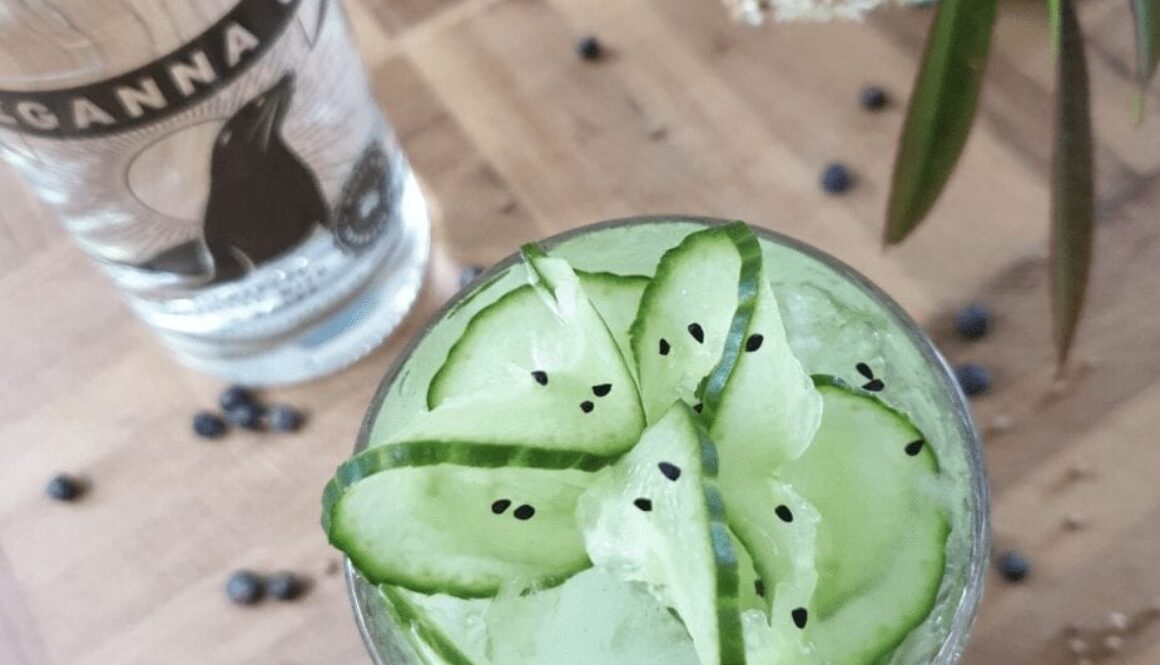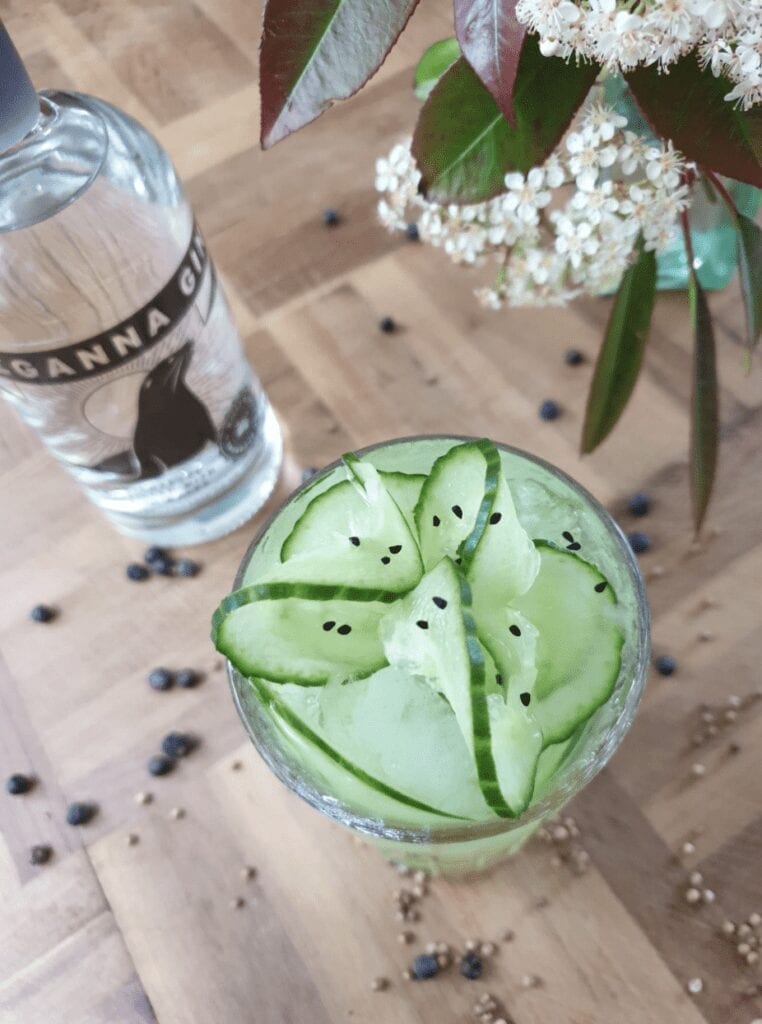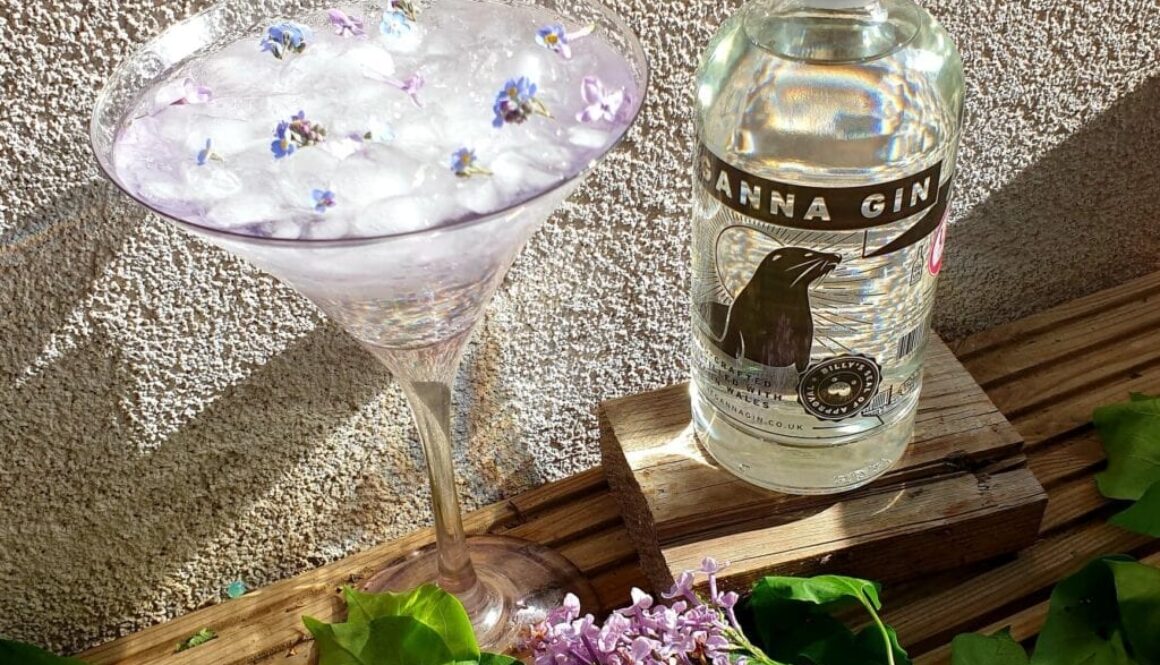Your Botanical Gin Recipe Should Include These Stars
Having trouble deciding which botanicals to put in your gin recipe?
At Treganna Gin we spent a long time experimenting with dozens of botanicals when developing our recipe. It’s vitally important that you invest time and patience early, rather than trying to fix a recipe after you’ve released it. It can be a testing time. Each distillation, from planning to execution is time expensive and if you hate the results at the end, making adjustments is a very slow process.
There are a few simple things you can do to speed up this whole process. The most obvious thing would be to start with quality botanicals from the beginning. Botanicals that are tried and tested so you don’t find yourself in lost down blind alleyways trying to balance chocolate with chilli (or something equally disgusting.)
We’ve complied a list of the five most important you need to include in your recipes. I haven’t specified ratios so you’ll need to work that out for yourself.
Juniper Berries
All gin recipes should include this botanical otherwise the spirit would have to be reclassified as a flavoured vodka.
The juniper bush is a conifer found in the temperate regions of the northern hemisphere. They grow on a circumpolar strip that wraps around the globe, which looks like someone wearing a sporty headband.
The berries are used in many culinary dishes, but are highly regarded when cooking with gamey meat.
Juniper is what gives gin it’s characteristic flavour. It’s piney, bitter and ever so slightly peppery.
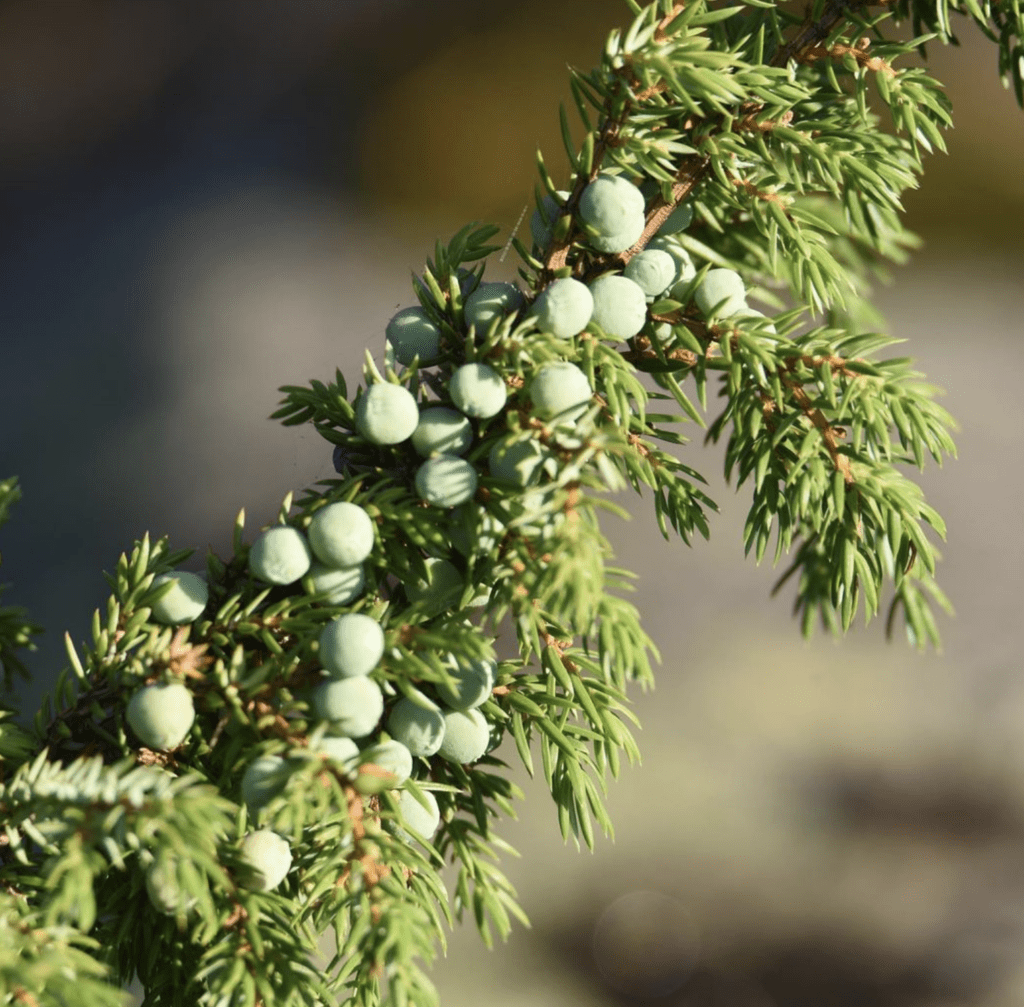
Angelica Root
This biennial plant grows large domed flower heads and can be cultivated here in the UK. It has many medicinal uses but for gin production we’re only interested in the root.
The flavour is earthy, bitter with floral hints. Dried angelica root sells for £50 a kilo, so it’s definitely a cash crop.
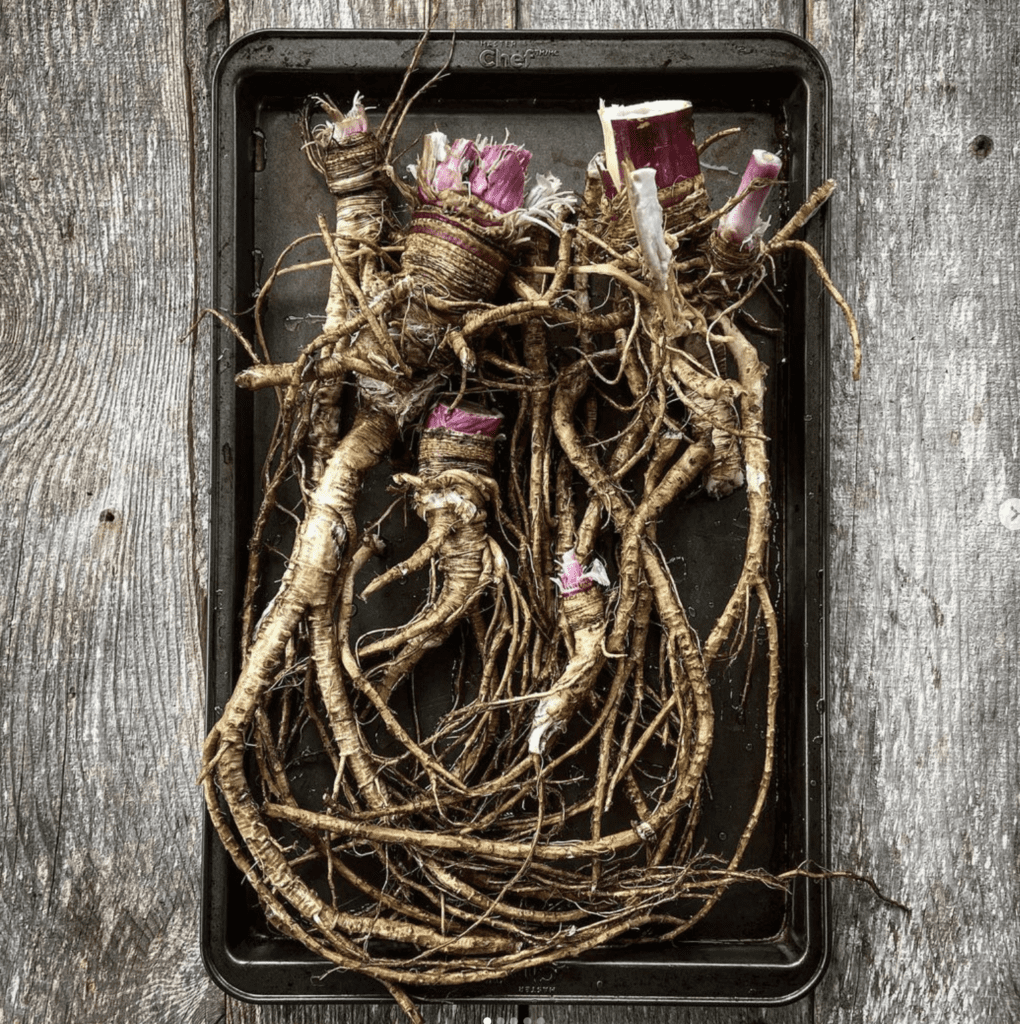
Orris Root
Orris root has a similar earthy flavour to angelica, and is used to bind all the other flavour together. Some of the floral notes are said to be indistinguishable from raspberry.
Orris is prized for its aroma and is used extensively in perfumery by such brands as ‘Christian Lacroix’, ‘Yves Saint Lauren’ and ‘Serge Lutens’.
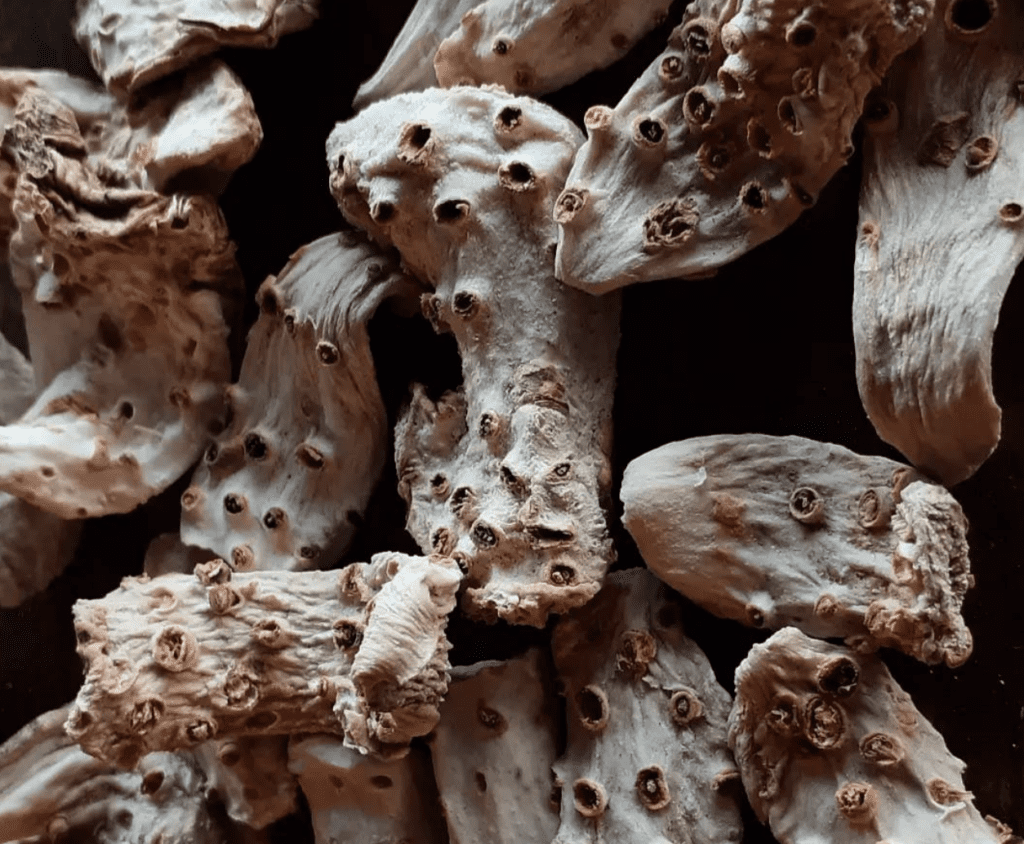
Coriander Seeds
These seeds have a nutty, spicy and citrus flavour so they’re perfect in gin. They contain two important terpenes called linalool and pinene and give coriander its distinctive flavour.
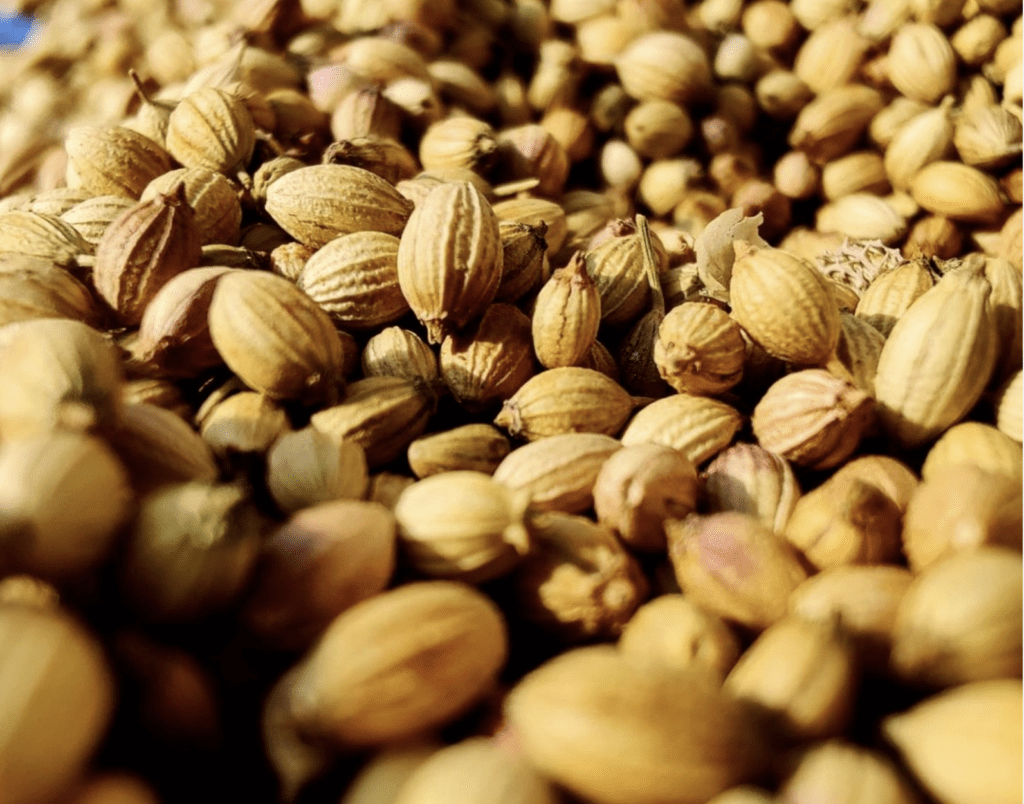
Lemon
I’m going to assume you know your lemons but you may not know that in distilling, only the rind is used and not the flesh. The skin has the flavour oils and it’s these oils that the alcohol extract. Because alcohol is like a solvent it makes for a perfect substrate for absorbing flavours.
